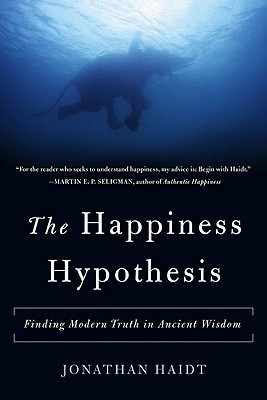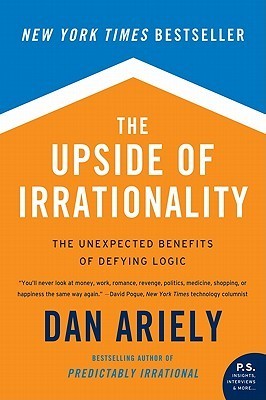
Stumbling on Happiness
Book Description
What if the key to your happiness was hidden in the depths of your mind, just waiting to be discovered? In "Stumbling on Happiness," Daniel Todd Gilbert takes you on a riveting journey through the surprising science of joy and emotion. Unravel the mysteries of your brain as it navigates past, present, and future, revealing how our predictions about happiness can lead us astray. With captivating anecdotes and insightful revelations, this thought-provoking exploration challenges everything you think you know. Are you ready to uncover the truth about what truly brings joy to life?
Quick Book Summary
"Stumbling on Happiness" by Daniel Todd Gilbert explores the often-surprising science behind what makes us happy, and, more importantly, why our minds are poor predictors of future happiness. Gilbert uses a blend of psychology, neuroscience, and witty anecdotes to reveal how our brains reconstruct the past and imagine the future, often leading to distorted expectations. The book discusses why we routinely misjudge what will satisfy us, ranging from overestimating the impact of life events to misunderstanding our own preferences. Through engaging explanations, Gilbert challenges conventional wisdom about joy, showing that happiness is less about controlling outcomes and more about understanding our mental habits. The result is a thought-provoking guide to becoming more mindful of how we anticipate pleasure and disappointment, ultimately helping readers make wiser choices about their own well-being.
Summary of Key Ideas
Table of Contents
The Illusions of Memory and Imagination
Gilbert begins by explaining how the mind's ability to remember the past and imagine the future is both a blessing and a curse. Our sense of happiness depends largely on how we predict future feelings, but this process is riddled with flaws. Memory is not a reliable record—each time we remember, we rebuild the experience, often coloring it with current emotions. Similarly, our imagination tends to gloss over mundane details and emphasizes extremes, leading us to overestimate the impact of future events on our happiness.
Misconceptions About What Makes Us Happy
The book dives into common misconceptions about happiness. Many believe that achieving certain milestones—such as wealth, marriage, or career success—will guarantee joy. However, Gilbert shows that human beings are notoriously bad at predicting what will truly make them happy. We tend to misunderstand or overvalue the effects of certain life changes and undervalue our capacity for adaptation, ending up less satisfied than we expect.
The Limitations of Forecasting Happiness
Another major theme is the limitation of affective forecasting: our brains’ ability to predict emotional reactions to future events. Gilbert explains the concept of "impact bias," in which we overestimate both the intensity and duration of emotional responses. This leads us to make choices based on flawed predictions, only to find that reality doesn't match our expectations.
The Psychology of Comparison and Adaptation
Comparison and adaptation play a powerful role in shaping our sense of fulfillment. We judge our happiness relative to others and our own past experiences. Over time, we adapt to new circumstances—good or bad—much faster than we expect, causing previously significant events to lose their emotional impact. This adaptive trait keeps us from sustaining the highs (or lows) we anticipate, leading to a constant search for new sources of happiness.
How to Make Better Decisions About Happiness
Gilbert concludes with practical insights on making better decisions regarding happiness. He suggests relying less on our imaginations and more on the reported experiences of others who have faced similar choices. By recognizing the mind’s predictive errors, we can sidestep common traps and instead make choices that are more likely to lead to genuine well-being. The book ultimately challenges readers to become more critical of their thoughts and desires, leading to a deeper, more realistic understanding of happiness.
Download This Summary
Get a free PDF of this summary instantly — no email required.





